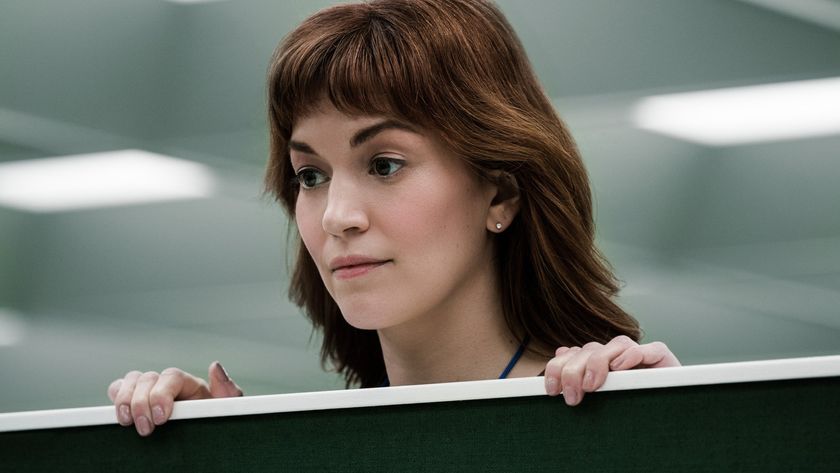Whos to blame for creators repeating themselves? And is it an actual problem?
I'm used to gaming's overreliance on sequels. Consumers--myself included--trust familiarity. Of course I want another great Resident Evil or Uncharted release, just like I want a new Avengers film or another season of Arrested Development. But, rightly or wrongly, I expect the drive for replication to come more from the big businesses that own those characters, not the series’ actual developers. The latter group are supposed to be the free-thinking, creative ones. The ones driven by their art, and who could easily move on to something different after quitting a company or ending a series. In fact, in an industry so beholden to sequels, we fans often hope to see something startlingly new from game creators after they quit their biggest brands. Yet I've seen a recent, possibly worrisome reversal, of fans loudly pushing newly independent developers to stick with their most familiar creations, even after the publisher is removed from the equation.
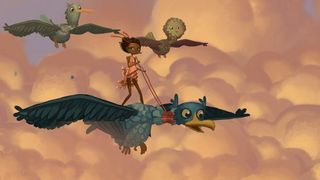
This newly minted, troubling dedication to pleasing the most vocal fans by reliving the past is born out of the power of Kickstarter and similar services. Far too many crowdfunding efforts show a disconcerting number of devs looking backwards instead of forward. Ever since Tim Schafer used Kickstarter to fund a point 'n click throwback that modernizes the genre that made his name, popular developers from the '80s and '90s have taken to crowdfunding titles too. And these projects are often more than a little similar to their biggest hits.
Titles like Star Citizen, Torment, Moebius, Unsung Story, and Mighty No. 9 are but a few of the most famous recreations funded, or being funded, by the public. There are far too many in total to keep track of all of them. It seems a week can't pass by when I don't see a press release with "spiritual successor" and “Kickstarter” in the same email subject line. Much like aging rock stars, these folks are getting the band back together to play their greatest hits one more time. And just as concertgoers don't want to hear anything off The Rolling Stones' newest albums, these fans are paying to see devs stay within their comfort zones.
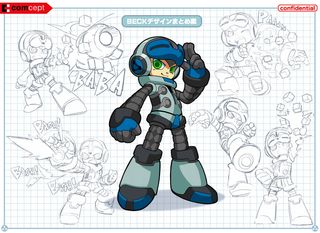
Platforms like Kickstarter have undeniably been revolutionary for gaming because they take the power away from the money men, letting the fans decide what to support. This would seemingly provide the creative freedom for singular geniuses like Final Fantasy Tactics creator Yasumi Matsuno and Wing Commander mastermind Chris Roberts to pitch something really wild to their most dedicated supporters. The beancounters might not like the concept of a hybrid tower defense-rhythm-gambling sim, but your thousands of fans will support the idea, right? Or will they only show up en masse for something they already know they'll enjoy? The numbers seem to show the latter being the more popular route, and it makes you wonder if that's preventing many devs from starting projects that stray from what's expected.
That possibility has been a tough one for me to deal with, because I previously placed most of the blame/credit for the flood of sequels on the faceless suits who finance games, not the people who consume them. Crowdfunding has now become another avenue that shows follow-ups once more winning out over wholly original titles. The sheer number of spiritual sequels (alongside traditional sequels) is really starting to get to me, as typified in one of the more hypocritical examples in recent history.
Producer Keiji Inafune very publicly quit Capcom in the mid-2000s, partially out of a feeling of stagnation after spending decades supervising dozens of Mega Man titles. Near his last days at Capcom, Inafune made some particularly damning statements in interviews, implying that Japan's games had grown stagnant, safe, and repetitive. In part, Inafune blamed the sequel-driven corporate culture he would soon exit. Then, just six years later, when Inafune needed public funding for his next project, here comes Mighty No. 9, a Mega Man title in everything but name.
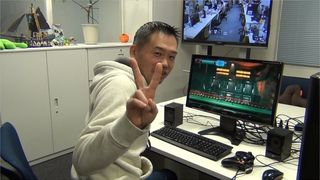
After showing such open disdain for the repetitiveness of big publisher game development, here's Inafune rehiring much of his old staff to serve players a very familiar dish. I can't totally blame Inafune. Indeed, Capcom's nearly nonexistent use of Mega Man created a demand that Inafune is more than ready to supply. Still, the fact remains that when it came time to finance his own title and show his colleagues in Japan how to be cutting edge once more, he instead regressed all the way back to 1987. It felt more than a little hypocritical to me, putting a bitter taste in my mouth in much the same way as a number of similar Kickstarter projects that followed it.
Sign up to the 12DOVE Newsletter
Weekly digests, tales from the communities you love, and more
To be fair, my frustrated view of spiritual successors is tied to just a little bit of my own hypocrisy. Koji Igarashi gained fame with Castlevania: Symphony of the Night, a true classic that was followed by no less than a half dozen sequels of varying quality. Eventually, these soured me a bit on the Metroidvania subgenre. But regardless, when Igarashi very publicly left Konami in March 2014, what was my immediate thought? "I hope he Kickstarts a new one!" Just like all the other fans, that rush of nostalgia and familiarity made me want to see him return to old form. Given how skilled I know Igarashi is at refining gameplay design with each entry, the temptation of ‘the usual’ was too much to resist.

We'd probably all do well to keep in mind that potential for hypocrisy when vocalizing our distaste for sequels while simultaneously Kickstarting the sequels we've always wanted. The outpouring of cash and support from fans shows that people do react very positively to the familiar, but at the same time, those same gamers roll their eyes at a new Call of Duty or Assassin's Creed. They decry repetition just as they pay oodles of cash to see new game starring a Mega Man proxy. And as the sheer number of spiritual sequels keeps ramping up, how can gamers not start to feel malaise from this overdose of nostalgia?
However, before getting bogged down in all these fears of creativity-starved repetition, it's worth noting that game development has long been focused around the idea of building and improving on concepts over time. These Kickstarter-loving creators might just be engaging in the same iterative business model that publishers like Nintendo use to such artistic and commercial success. Nintendo has done amazing things by continually iterating on concepts like Mario, Zelda, and Metroid over the years. So many classic games are standing on the shoulders of giants that we can be quick to overlook how adept this medium is at evolving. It’s often more about refinement than revolution in the most celebrated games.
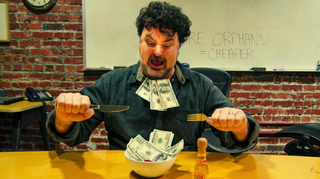
Now that developers are freer to continue their careers outside of the companies that made them famous, maybe they're just continuing on the same iterative path that worked so well in their previous games. The only difference being creators are pitching follow-ups directly to the people instead of executives, taking on more of the fiscal responsibilities and rewards. Perhaps these spiritual successors are the purest form of that iterative repetition. Instead of having a sequel foisted upon them, these creators are coming back to popular concepts by choice, ready to return on their own terms. I just hope that, amid all the clever winks and nods to previous works, these titles have something more to give gamers than exactly what they expect.
Henry Gilbert is a former 12DOVE Editor, having spent seven years at the site helping to navigate our readers through the PS3 and Xbox 360 generation. Henry is now following another passion of his besides video games, working as the producer and podcast cohost of the popular Talking Simpsons and What a Cartoon podcasts.
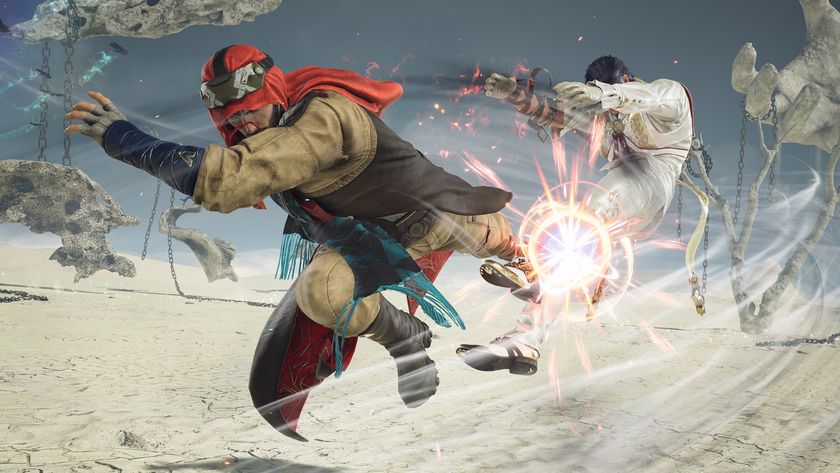
After preserving the AI ghost of a fan's late brother, Tekken 8 boss says it might be a glimpse of the future where you don't "need an opponent who is human that has the exact same skill level"
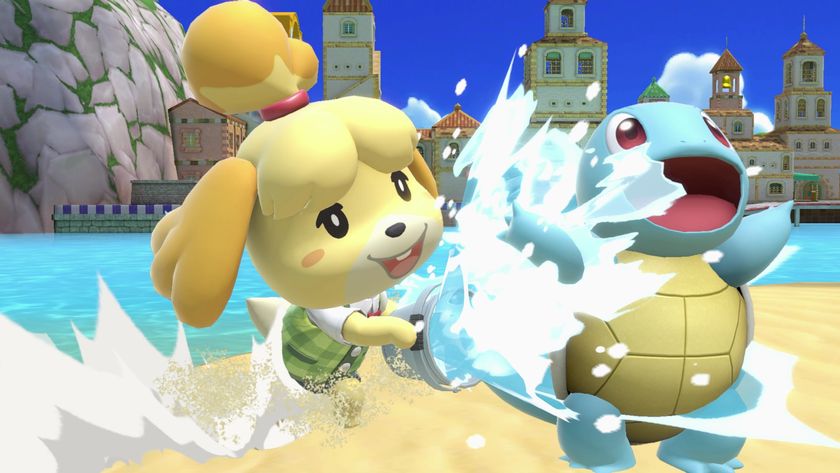
Super Smash Bros. Ultimate director "can't hope to compete with what doctors do," but he's content to "buff peoples' lives" with games

